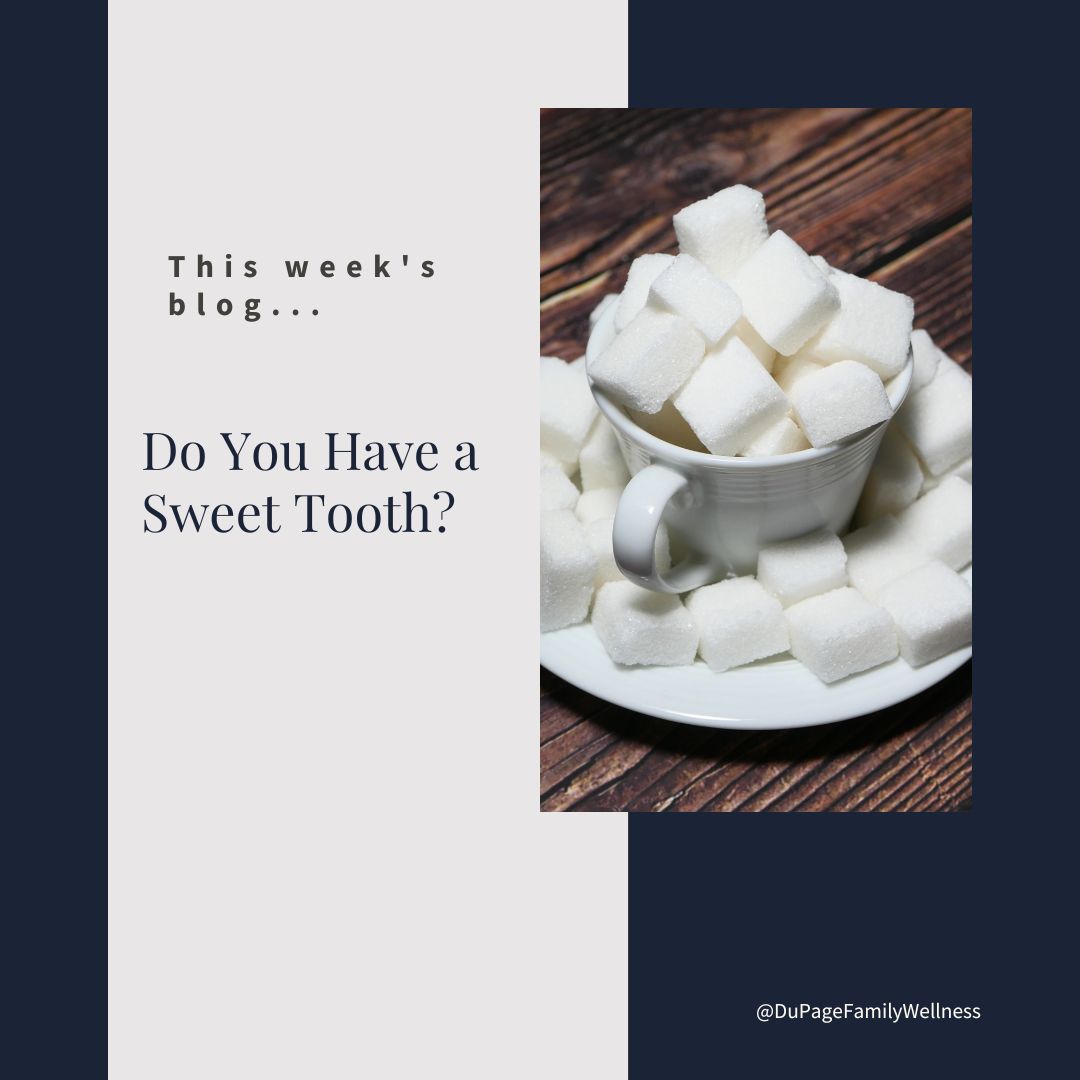 The average American consumes 150 lbs. of sugar each year (1). It's extreme when you consider that the average person only had four pounds of sugar in the year 1700.
The average American consumes 150 lbs. of sugar each year (1). It's extreme when you consider that the average person only had four pounds of sugar in the year 1700.
Even people who try to watch their sugar intake may struggle because it is hard to recognize what contains sugar. Food manufacturers sneak it into salad dressing, granola bars, protein powders, canned vegetables, and other “healthy foods.”
Unfortunately, when we eat foods high in refined carbohydrates and sugar, our blood sugar response makes us crave it more. It is a vicious cycle leading many to feel powerless to break out of its grasp.
Let’s look at this problem and get some ideas to address it.
Why Is It a problem?
The overconsumption of sugar wreaks havoc on the systems of the body. It replaces nutrient-dense food. And, since it has no nutritional value, it leaves the body lacking essential nutrients
Sugar causes an inflammatory response in the body and an imbalance in the gut bacteria. These things directly impact our immune system leaving us vulnerable to infection and disease. Stress on the hormonal system caused by sugar may lead to adrenal fatigue and thyroid issues.
Many common ailments are caused or exacerbated by sugar. These include migraines, high blood pressure, heart disease, chronic pain, joint problems, arthritis, leaky gut, diabetes, irritable bowel syndrome, and autoimmune disease.
Why is it Difficult to Stop?
Your body wants to maintain a steady blood sugar. When you consume sugar, your blood sugar level spikes. This signals your body to release insulin rapidly, so your body can store the excess sugar. The imbalance between the blood sugar level and the amount of insulin released causes a sudden drop in your blood sugar, often referred to as a "sugar crash." The body responds by craving sugar to balance the blood sugar drop, and the cycle begins.
Sugar's impact on the brain and body is similar to that of drugs. In animal studies, sugar causes cravings, tolerance, and withdrawal symptoms similar to the effects of substance abuse. In one study, given the choice, rats chose sugar even over cocaine (2).
How to Break the Cycle?
If you want to break this cycle, consider implementing these tips to beat those sugar cravings.
- Drink water before eating when you crave sugar.
- Consume meals higher in fat and protein.
- Read labels to notice hidden sugar (account for each serving size).
- Distract yourself when you feel like eating sugar (go for a walk, call a friend, take a nap, or read a book).
- Write about your motivations for reducing sugar.
- Keep a food journal.
- Drink spiced tea or infused water or a sense of sweetness.
- Get support from family and friends.
- Do a sugar detox to limit the blood sugar spikes that create cravings.
Let me know if you are limiting your sugar intake and tell me how you are doing that. I'd love to hear about it!
Dr. Jamie
(2) Intense Sweetness Surpasses Cocaine Reward - PMC (nih.gov)

